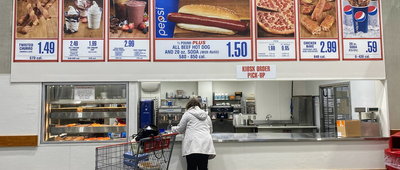Flag Waiving
So much of what we grew up with has disappeared, from the tools we once relied on to the habits grown out of a slower pace to life. It’s progress, many say, but others might beg to differ on a few points.
Read on for some of the ways life in America has changed over the years, including everyday traditions that have either disappeared completely or been dramatically altered. Are there other fading traditions on your mind? Let us know.































